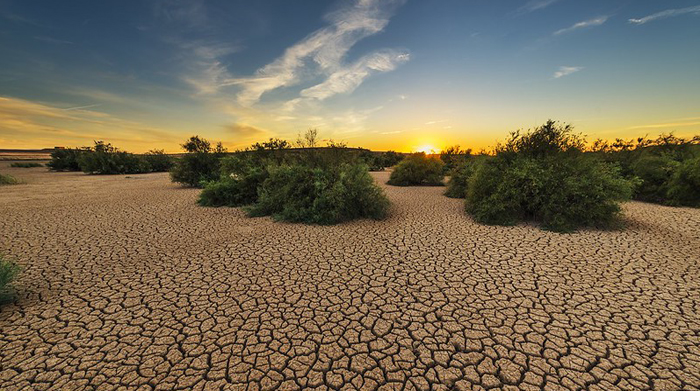Expert Says Energy Droughts Could Impact Future Reliability

Image courtesy of Water Alternatives Photos under Attribution-NonCommercial 2.0 Generic License, resized to 700 x 391 pixels.
As the amount of renewable energy in the overall energy mix continues to expand, at least one expert is predicting that so-called energy droughts could become a major risk factor for electric utilities in the future. The reason for the prediction relates to potential changes in wind and solar patterns that could occur over the next few years. But how accurate is this prediction? Well, let’s dive in and find out!
Why Energy Droughts Could be a Problem in the Future
The warning comes from professor Upmanu Lall at Columbia Engineering and the Columbia Climate School. Over the course of 6 years, his team built a model driven by artificial intelligence (AI) that incorporates 70 years of historical wind and solar data.
The model identifies a “drought” when the daily production of clean energy falls below a specific threshold. If a third of all days are “low-production days,” daily energy droughts involving squeezed and rationed supply could follow for months. And unfortunately, this length of time means that energy storage technology would not be able to completely neutralize the impact.
The research found that in some cities, clean energy supply potential could rise or fall around 30% higher or lower than the long-term average for the area. Obviously, this makes reliability a tricky proposition and can make planning a much more complex exercise.
The report concludes that, due to the high level of variability in weather patterns, the amount of renewable energy generation capacity must be scaled up dramatically going forward, and engineers must figure out ways to increase the capacity and efficiency of energy storrenage.
It makes sense when you think about it – as renewable energy use increases, supply volatility must also increase due to the unpredictability of weather, setting the stage for energy droughts. Lall’s team is continuing to dive deep into this issue, and it will definitely be interesting to see the final insights whenever they are available.



